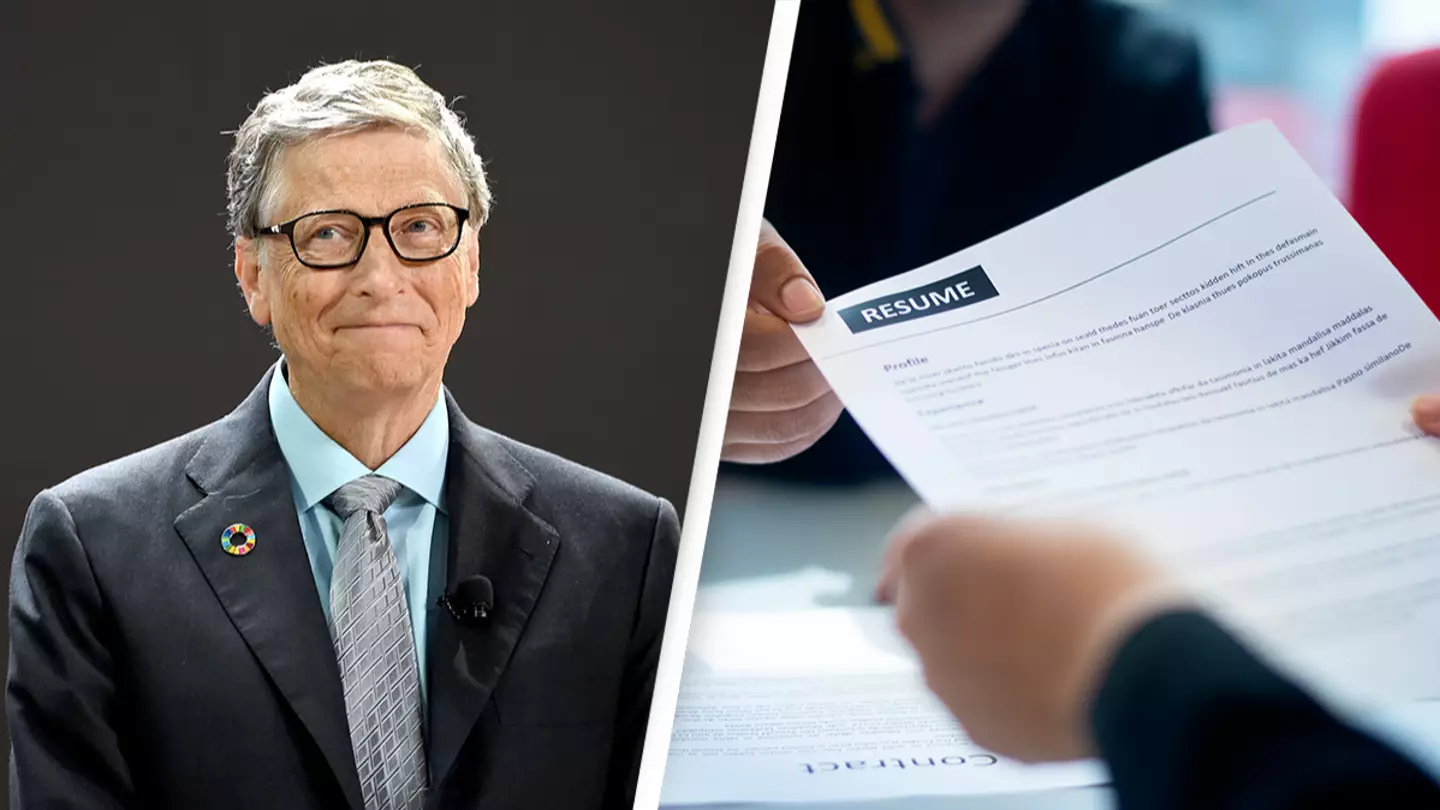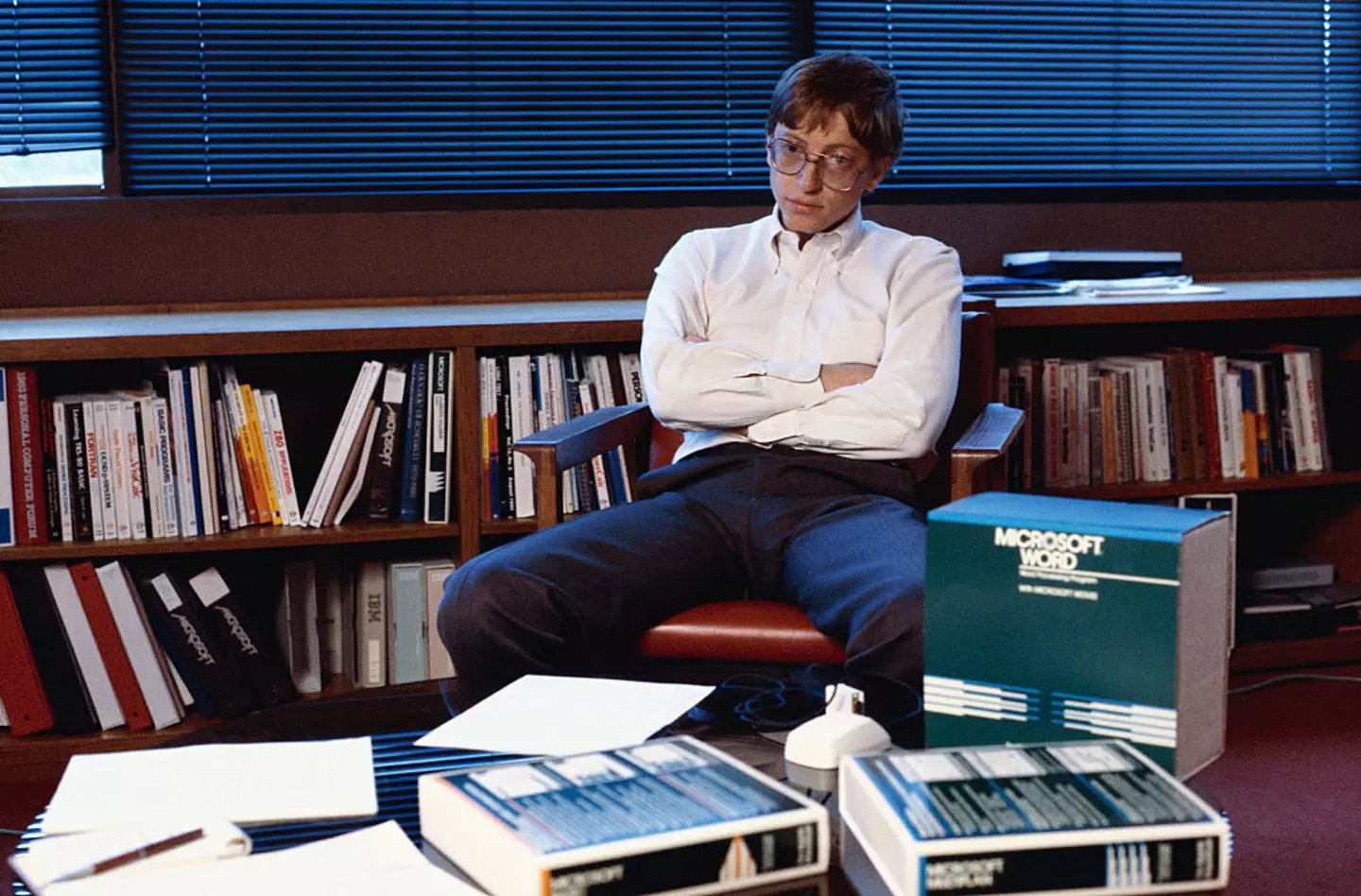Job interviews are a fact of life – a rather nerve-wracking one at that.
The pressure’s well and truly on for you to make, quite possibly, the best first impression of your life. Then you get some bosses pulling secret stunts to catch you out – so best watch out for coffee cups and ‘salt and pepper’ going forward.

Not to mention that sometimes, giving just one wrong answer could get you instantly rejected, at least if you are getting interviewed by this CEO, anyway.
But fear not, billionaire Bill Gates has some top tips for tackling some of the most awkward – albeit common – interview questions.
It’s safe to say the tech magnate knows a thing or two about running a successful business, having founded Microsoft almost 50 years ago.
And in 2020, he sat down with NBA star Stephen Curry to share his ideal answers in a mock job interview.
Curry had Gates pretend to interview for a software engineer role at Microsoft – but you can apply his advice to any industry.
He’d already addressed taking on the classic ‘why should we hire you’ as well as the dreaded ‘salary expectations’ questions.
And this time, he gave his perfect response to: “How do you define your strengths and weaknesses, and how would you incorporate them into a team?”

Bill Gates co-founded Microsoft at just 20 years old (Doug Wilson/CORBIS/Corbis via Getty Images)
The first part of this question is a bit pointless; your strengths are already set out in your resume and if the employer didn’t think you had any, then you wouldn’t have been invited to interview.
But it’s the tricky ‘weakness’ part that catches people out.
Gates’ response?
He says: “Well I’m not somebody who knows a lot about marketing. I wouldn’t enjoy being a salesman.
“For a position where you’re actually creating the products and thinking through what those features should be, I’m fascinated by that.”
He adds: “I followed the history of the industry, read about the mistakes that have been made. So product definition, product creation, very strong.

The ‘weakness’ question has to be one of the worst (Jacob Wakerhausen/Getty Images)
“If you have a team that understands the customers, the sales, the marketing, I’m not going to bring that, but I would enjoy working with them.
Here, Gates isn’t trying to turn an actual strength into a weakness, but he’s admitting an understandable shortcoming.
He’s a programmer, not a salesperson – however he stresses he enjoys creating products people will actually use.
And this can then help the business to continue growing.
So the key here is showing how you remedy the weakness and how this can help make the company a success.
Over on Reddit, users were keen to share their best answers to the ‘weakness’ question, as one said: “I give a real weakness and then explain how I compensate for it. For example I struggle with delegating tasks so I make up for that by creating well defined RASIC charts.”
A second stressed: “I have a few depending on the type of job but I always have a follow up to express how I handle it.”
While a third person simply joked: “This interview question is my biggest weakness.”




